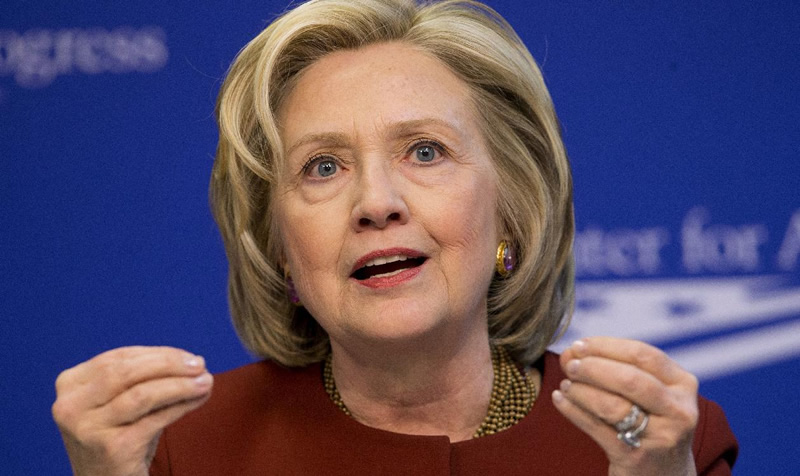 Unless we know other reasons – like the ever-suspected American pressure and persuasion – that obliged India’s foreign secretary to sit with her Pakistani counterpart in the Bhutanese capital for bilateral talks over the weekend, what has forced this meeting was in all likelihood New Delhi’s descent from the so-called moral high ground on the issue of terrorism.The confession last month, by Swami Aseemanand to a special court that the Samjhota Express blasts, in February 2007, were carried out by Hindu extremists having links with Indian army personnel tend to vindicate Pakistan’s stated position that terrorism is ubiquitous in this region as everywhere else, and that the Mumbai carnage was the product of this phenomenon. No wonder on the eve of foreign secretaries meeting at Thimphu, the Indian government took pains to convince the Indian media that the two terrorist incidents cannot be equated.Such a move was predictable; Pakistan Foreign Office had warned time and again that India is reluctant to ‘unearth the culpability of Hindu extremists’ in the Samjhota Express blasts. Even after years of the event, Indian authorities are not willing to share with Pakistan any meaningful detail about the train bombing in which 42 Pakistanis were killed.Given this background, the Thimphu talks did not proceed beyond banal statements and a lifeless press release issued after the meeting. As expected, there was agreement that there is ‘the need for a constructive dialogue between the two countries to resolve all outstanding issues’. The two sides also agreed that their foreign ministers should resume the stalled dialogue, but then no date was indicated. Of course India’s Foreign Secretary Nirupama wants all the issues to be discussed and ‘so we are going into this (meeting with Salman Bashir) with (an) open mind and constructive attitude’.
Unless we know other reasons – like the ever-suspected American pressure and persuasion – that obliged India’s foreign secretary to sit with her Pakistani counterpart in the Bhutanese capital for bilateral talks over the weekend, what has forced this meeting was in all likelihood New Delhi’s descent from the so-called moral high ground on the issue of terrorism.The confession last month, by Swami Aseemanand to a special court that the Samjhota Express blasts, in February 2007, were carried out by Hindu extremists having links with Indian army personnel tend to vindicate Pakistan’s stated position that terrorism is ubiquitous in this region as everywhere else, and that the Mumbai carnage was the product of this phenomenon. No wonder on the eve of foreign secretaries meeting at Thimphu, the Indian government took pains to convince the Indian media that the two terrorist incidents cannot be equated.Such a move was predictable; Pakistan Foreign Office had warned time and again that India is reluctant to ‘unearth the culpability of Hindu extremists’ in the Samjhota Express blasts. Even after years of the event, Indian authorities are not willing to share with Pakistan any meaningful detail about the train bombing in which 42 Pakistanis were killed.Given this background, the Thimphu talks did not proceed beyond banal statements and a lifeless press release issued after the meeting. As expected, there was agreement that there is ‘the need for a constructive dialogue between the two countries to resolve all outstanding issues’. The two sides also agreed that their foreign ministers should resume the stalled dialogue, but then no date was indicated. Of course India’s Foreign Secretary Nirupama wants all the issues to be discussed and ‘so we are going into this (meeting with Salman Bashir) with (an) open mind and constructive attitude’.
But as to Pakistan’s insistence for a time line for such talks she disagreed, opting for a ‘broad plan for a step-by-step resumption of the dialogue process, dealing with the less contentious issues first’. She amply made clear that the Composite Dialogue is history and things must begin afresh. India has no objection to walking the talk, but is seemingly not prepared as to where to go. In fact, Pakistan too had not set great store by this meeting; in the words of Foreign Secretary Salman Bashir “My expectations are that we should be working towards continued engagement”. On the face of it, there is no reason why New Delhi would not welcome this activity, which has been going ‘on’ again and ‘off’ again for over sixty years now without producing any tangible results.India needs to prove its sincerity by way of taking some basic steps. Firstly, there should be no waste of time in fixing a date for the much-delayed foreign ministers’ meeting – if for nothing else but to honour the ‘mandate’ given by the prime ministers of India and Pakistan at their meeting in Bhutan last year. India can also help improve the atmospherics for talks by denotifying notorious draconian regulations that are frequently used to suppress the ongoing freedom struggle.
At the same time some of the issues between Pakistan and India like Siachin and Sir Creek, which are almost ready for signing should be brought up at the proposed foreign ministers’ meeting and resolved – a move that would greatly help pave the way to addressing more contentious issues. But, if New Delhi keeps harping on the terrorism theme and holds the future of a bilateral relationship between Pakistan and India to its fixation of declaring Islamabad an ‘epicentre of international terrorism’, there would be no progress in any direction.The Samjhota Express incident proves beyond any doubt that terrorism is as much an Indian product as allegedly Pakistan’s. Only by helping each other and working jointly, the two countries can effectively meet the challenge of terrorism. Talks should not be resumed only for photo ops; these should resolve outstanding issues – even if the approaches are non-conventional and out of the box – Brecorder












